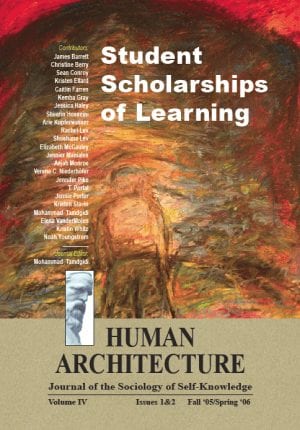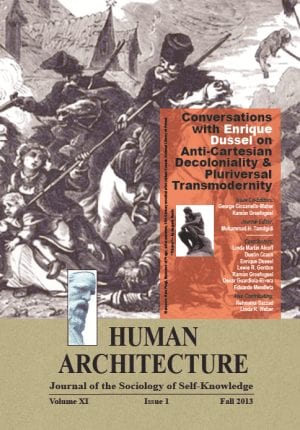Journal Article — Olaudah Equiano: Facts about his People and Place of Birth — by Friday Onyeoziri
$15.00
Olaudah Equiano, an African-American born in 1745 in Essaka, a town in modern eastern Nigeria, is reputed as the first African-born former slave to write his autobiography without the help or direction of white writers of his time like his predecessors. His work is recognized “not only as one of the first works written in English by a former slave, but perhaps more important as the paradigm of the slave narrative, a new literary genre” (Olaudah). Equiano’s Narratives lately became the focus of some controversies by his critics who question the authenticity of his claims, which they see as fiction rather than facts.
Description
Abstract
Olaudah Equiano, an African-American born in 1745 in Essaka, a town in modern eastern Nigeria, is reputed as the first African-born former slave to write his autobiography without the help or direction of white writers of his time like his predecessors. His work is recognized “not only as one of the first works written in English by a former slave, but perhaps more important as the paradigm of the slave narrative, a new literary genre” (Olaudah). Equiano’s Narratives lately became the focus of some controversies by his critics who question the authenticity of his claims, which they see as fiction rather than facts. The reason for the controversies stems from the fact that his baptismal records of February 9th, 1759, in Westminster, England, lists him as “Gustavus Vassa, a Black born in Carolina, 12 years ago.” Another reason is that his critics think that his account of Ibo life is entirely based on his reading of Ibo life, traditions, and culture rather than from his actual memory of his early childhood in an actual Ibo land. Their argument is that he was too young to be able to remember what his early life in an actual Ibo land was like back then. However, a well-researched study of his narratives by individuals who are conversant with the location, culture, and traditions on the Ibos shows that Olaudah Equiano’s claims were actually from his memory of his early childhood in an actual Ibo land. If according to some Harvard University researchers, children at age 2 have memories strong enough to repeat tasks shown them some months earlier, and 3, 4, and 5 year olds are able to recall or remember things they had seen, heard, or been thought, one wonders why Equiano’s narratives would seem such a big deal.
Recommended Citation
Onyeoziri, Friday. 2008. “Olaudah Equiano: Facts about his People and Place of Birth.” Pp. 73-78 in Microcosms of Hope: Celebrating Student Scholars (Human Architecture: Journal of the Sociology of Self-Knowledge: Volume VI, Issue 4, 2008.) Belmont, MA: Okcir Press (an imprint of Ahead Publishing House).
The various editions of Microcosms of Hope: Celebrating Student Scholars can be ordered from the Okcir Store and are also available for ordering from all major online bookstores worldwide (such as Amazon, Barnes&Noble, and others).
Read the Above Publication Online
To read the above publication online, you need to be logged in as an OKCIR Library member with a valid access. In that case just click on the large PDF icon below to access the publication. Make sure you refresh your browser page after logging in.








